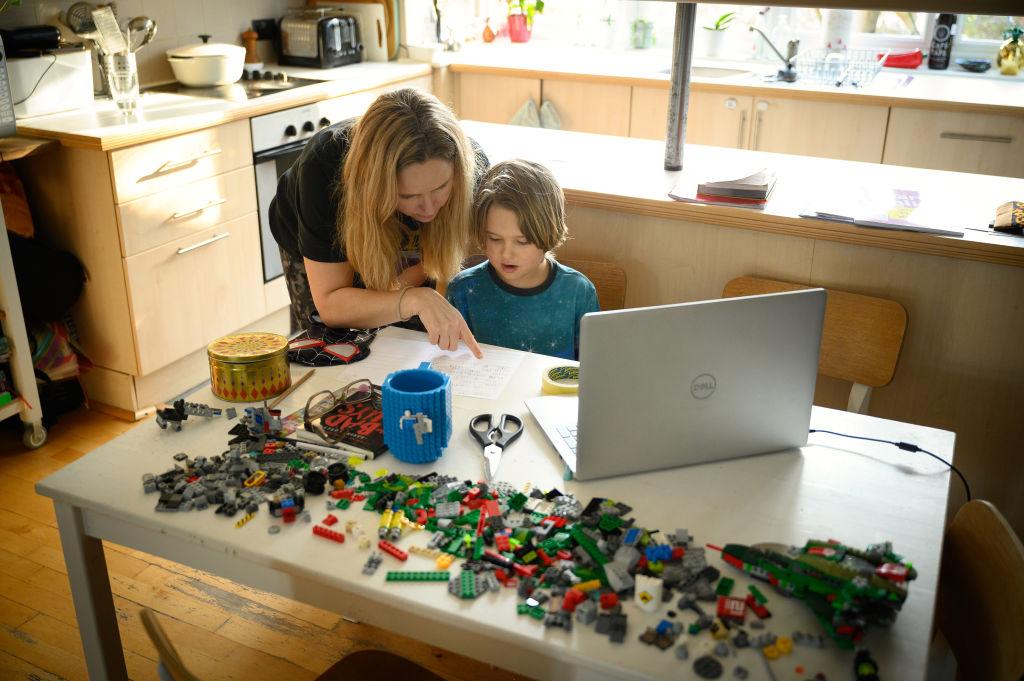Expansion of subsidised childcare announced by Chancellor Jeremy Hunt earlier this year does little to help poorer families, a new report has revealed.
Instead the government prioritised parents or carers who work rather than low-income families, according to the Institute for Fiscal Studies (IFS).





